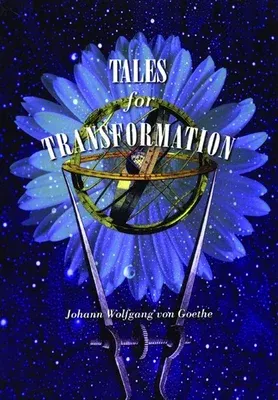Johann Wolfgang Von Goethe
(Author)Tales for TransformationPaperback, 1 January 2001

Qty
1
Turbo
Ships in 2 - 3 days
In Stock
Free Delivery
Cash on Delivery
15 Days
Free Returns
Secure Checkout

Print Length
133 pages
Language
English
Publisher
City Lights Books
Date Published
1 Jan 2001
ISBN-10
0872863638
ISBN-13
9780872863637
Description
Product Details
Author:
Book Format:
Paperback
Country of Origin:
US
Date Published:
1 January 2001
Dimensions:
20.17 x
13.92 x
1.09 cm
ISBN-10:
0872863638
ISBN-13:
9780872863637
Language:
English
Pages:
133
Publisher:
Weight:
181.44 gm